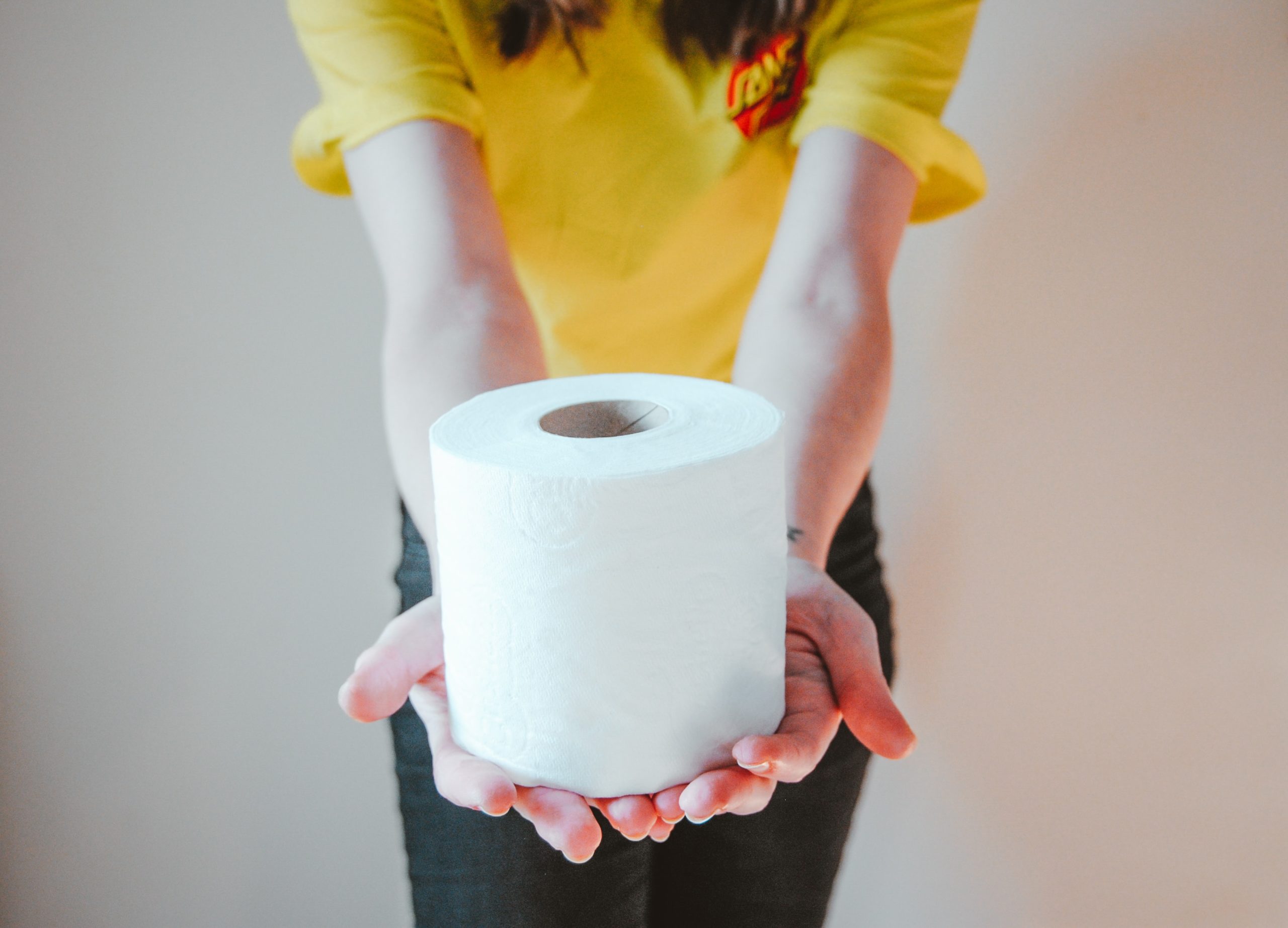November is National Bladder Health Awareness Month, so we hope you feel an ‘urge’ to get educated about how important bladder health is to your overall health.
We all have a bladder, but we never really learn the true ins and outs of caring for it. Even basic potty training teaches children when and how to use the potty, but has very little teaching about when and how to use their bladder. Believe it or not, there are some healthy AND unhealthy habits we can adopt that really impact our bladder function and health.
Everyone has their own version of “normal.” In this blog, we will discuss some basic bladder habits that can help you THRIVE!
The Bladder Basics:
- Drink your daily recommended water intake (half your body weight in fluid ounces), focusing on drinking mostly healthy, water-based beverages throughout your day.
- Avoid excess bladder stimulants. This includes caffeine, carbonation, artificial sweeteners, spicy foods, and citrus. If you have a sensitive, overactive bladder or you struggle with leaking these stimulants may exacerbate your problem.
- You should urinate every 2-4 hours during waking hours if you are well hydrated and your bladder is well functioning. If you are going more frequently than this, have bladder accidents, or are unable to hold it this long, you may have urinary frequency and/or incontinence that should be addressed with a Women’s Health professional.
- Get your beauty sleep. Waking up to urinate during the middle of the night is not normal unless you are pregnant or over the age of 65 (these populations should urinate a maximum of 1 time per night). If you are waking up to urinate more often than this, you may have urinary frequency and should seek consultation with a Women’s Health professional.
- Stay hydrated! Don’t purposely dehydrate yourself to avoid leaking. An increased urine concentration will stimulate your bladder and make it worse!
- Stop and breathe through the urges. If you feel your body having a strong urge to urinate and that you might “pee your pants,” rather than panic, stop where you are, take 5 big diaphragmatic breaths, and perform 5 quick flicks of your pelvic floor (Kegels). This will help calm your nervous system and support your bladder so the urge calms. You can then walk slowly to the restroom while maintaining control over your bladder.
- Avoid just-in-case peeing. This is a really common, bad habit and can lead to bladder leakage and frequency issues. Only go when your body is telling you it needs to go and trust that bathrooms are readily accessible.
- Don’t hover when you pee. Sit your bottom all the way down on the toilet seat so your pelvic floor can completely relax and empty.
- Slow down on the seat! Avoid peeing so quickly that you don’t allow your bladder to completely empty.
- Don’t Power Pee. Pushing urine out can be damaging to your pelvic floor and lead to issues such as leakage and prolapse. If you struggle with completely emptying your bladder, seek consultation with a Women’s Health professional.
- Make sure you are having regular #2’s! Being constipated can have a BIG influence on bladder function.
You can find more information on the bladder in our Common Bladder Issues blog post. If you are having bladder problems, we are here to help! Email us at hello@yourfitpt.com or call us at 715-513-6313 to schedule your free discovery call today.
